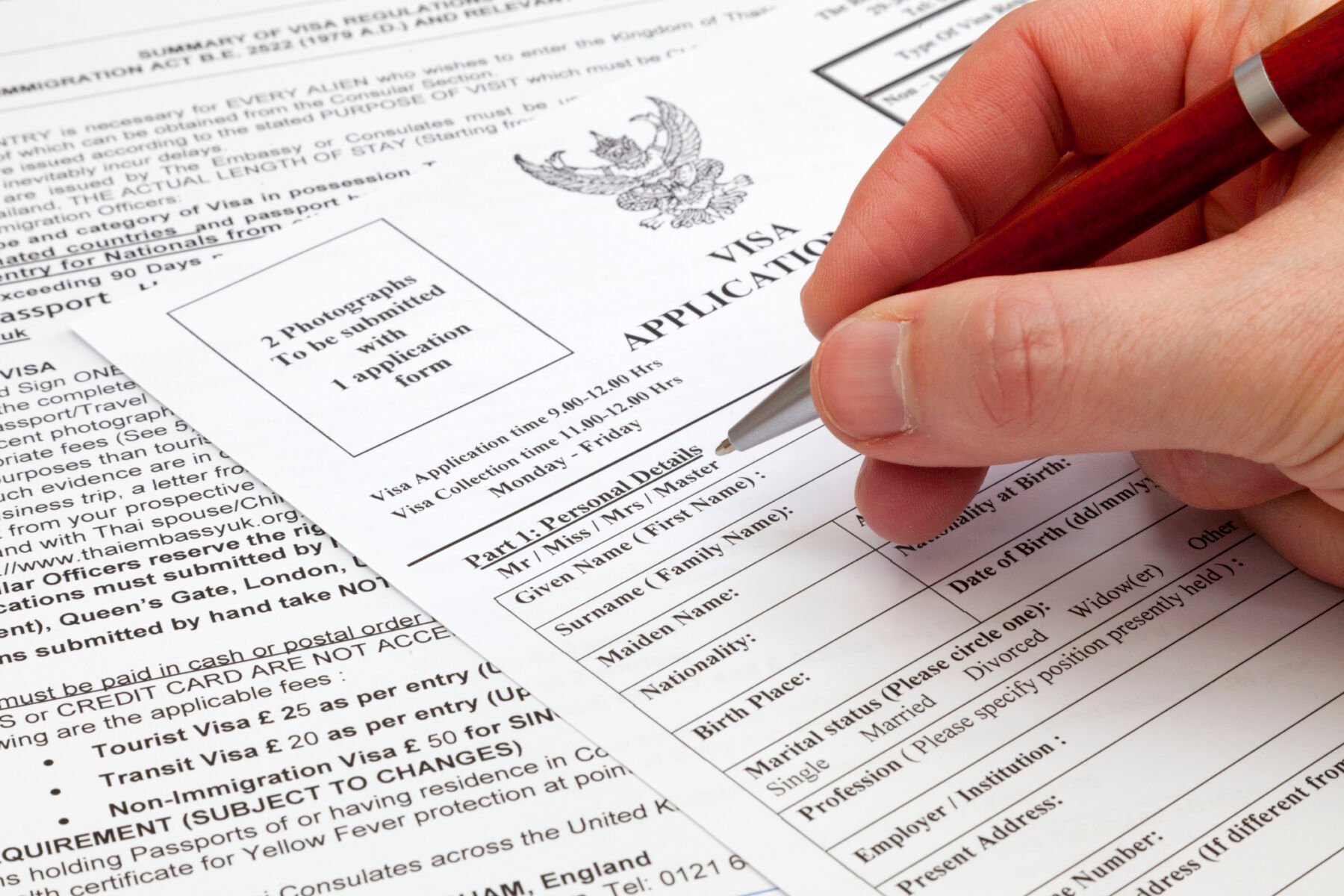Thailand introduces 10-year EEC visa to attract global talent

Aiming to bolster the Eastern Economic Corridor‘s (EEC) potential as a regional industrial powerhouse, Thailand’s Cabinet has sanctioned a novel 10-year visa specifically designed for top-level professionals and experts. The EEC visa is part of a strategic move to attract talent to the country’s targeted industries, as announced by deputy government spokeswoman Rudklao Intawong Suwankiri following a recent cabinet meeting.
The new visa permits a five-year stay with the option to extend and multiple entries, but it is contingent on the duration of the employment contract. It encompasses four distinct categories catering to specialists, executives, professionals, and their families.
Furthermore, to sweeten the deal for these skilled individuals, the government has introduced an attractive personal income tax incentive, capping the rate at 17% for those who take up residence and work within the EEC. This rate is significantly lower than the nation’s top-tier tax rate of 35%, said Rudklao, underlining the government’s commitment to advancing Thailand’s economic prospects.
“The EEC visa should promote the country’s target industries and enhance national competitiveness. This visa is expected to significantly contribute to the development of the EEC by drawing experts from around the globe.”
In a related initiative, Prime Minister Srettha Thavisin mandated the Agriculture and Cooperatives Ministry to devise a comprehensive strategy for upgrading Thailand’s agricultural infrastructure. The objective is to transform the country into a leading agricultural and food hub, potentially tripling farmers’ incomes.
Government spokesperson Chai Wacharonke relayed that the 62 year old prime minister’s directive is in line with Thailand’s ambition to become a global agricultural centre that contributes to world food security. A detailed plan is anticipated by the end of the month, with swift implementation starting in June.
The comprehensive plan includes developing Thailand as a nexus for plant genetics, enhancing water management for agriculture, promoting soil health and proper fertiliser usage, and adopting satellite technology to tackle agricultural burning, said Chai.
“Completion of related project plans is expected by the end of May, with detailed announcements and swift action following shortly thereafter.”
Additionally, the Cabinet has ratified a memorandum of understanding to foster agricultural collaboration between Thailand and Saudi Arabia, marking another step towards realising the country’s agricultural aspirations, reported Bangkok Post.
Latest Thailand News
Follow The Thaiger on Google News:


























